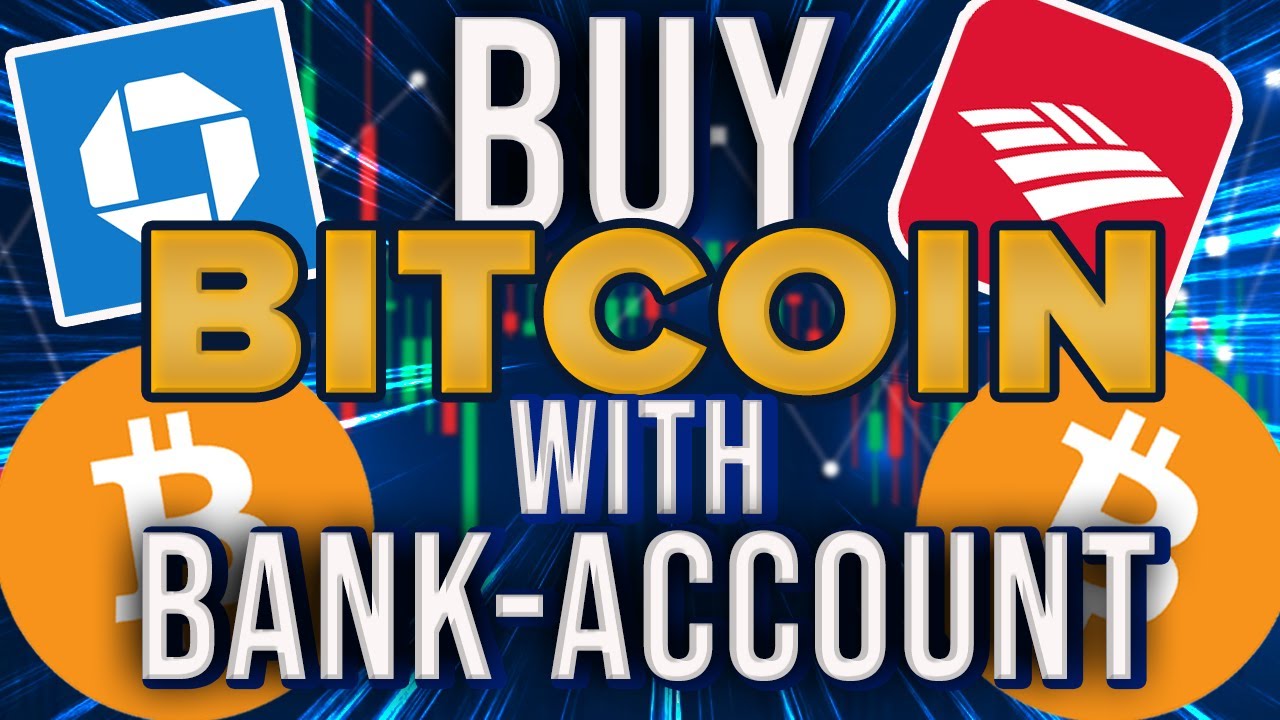
Exploring the Latest Cryptocurrency Tools and Services
The increase of cryptocurrencies, particularly Bitcoin, has created a significant amount of fascination around the world. As an entirely electronic form of currency exchange, Bitcoin has rapidly gained popularity between many folks looking to make investments, invest, or carry computerized possessions. Despite its improving recognition, many people stay uncertain about how to safely and securely and effectively Buy crypto with Credit Suisse. This extensive manual will explore the primary subjects every would-be Bitcoin purchaser ought to know, which include knowing the basics of Bitcoin, choosing the right trade or broker, examining the related fees, picking out a appropriate pocket, and learning about income tax ramifications.
1. Understanding the essentials of Bitcoin
Well before making an investment in Bitcoin, it’s crucial to get a clear idea of what exactly it is and how it operates. Bitcoin is a electronic money that operates on a decentralized community, the blockchain. It relies on cryptographic concepts to safe purchases and control the money creation process. You can find no actual physical coins or monthly bills all things are purely computerized, making it perfect for business amongst a global audience. Also, remember that Bitcoin is highly unpredictable, making it both a stylish but potentially high-risk purchase.
2. Deciding on the best trade or broker
When purchasing Bitcoin, you’ll need to choose where you should find the advantage. Exchanges and agents are definitely the two major possibilities to investors. Swaps are websites which allow users to buy and sell cryptocurrencies, such as Bitcoin, with some other users. A lot of people prefer employing swaps because of the reduced costs and the ability to set up their buy or offer selling price for Bitcoin. Some well-set up swaps involve Coinbase, Binance, and Kraken.
Brokers, alternatively, are intermediaries who are able to acquire or market Bitcoin on your behalf. These services often provide a much more easy end user practical experience, as well as giving more features like leveraged buying and selling or entry to other digital assets. Nonetheless, agents typically charge higher fees in comparison to exchanges. Samples of preferred brokers consist of eToro and Bitstamp.
3. Evaluating service fees and transaction alternatives
Different service fees take part in getting and forex trading Bitcoin, and it’s crucial to be familiar with those to make sure a good package. Popular fees consist of down payment costs, buying and selling charges, and drawback charges.
Downpayment service fees are incurred if you account your money making use of fiat money or other cryptocurrency. Forex trading costs are billed for each transaction, usually measured as a percentage of the industry sum. Drawback service fees are imposed once you take away your Bitcoin through the exchange or broker.
Different programs supply different transaction possibilities, which include credit or debit charge cards, financial institution moves, and digital repayment providers like PayPal. Ensure that you choose a program that provides a repayment technique which fits your needs and preferences.
4. Choosing a ideal wallet
When investing in Bitcoin, deciding on a protected and reputable wallet is essential. A finances is largely an electronic tackle where your Bitcoin is kept, and you’ll need to have a person to acquire, retail store, and invest your electronic digital money. There are several forms of wallets, which includes cold storage space wallets, hardware wallets, and software wallets. Frosty storing wallets and components wallets are considered the most protect options, since they are not linked to the internet and fewer susceptible to hacking episodes. Software program wallets are available for desktop computer personal computers as well as mobile phones, but they are regarded as significantly less secure due to their continuous online online connectivity.
5. Being familiar with taxation consequences
Bitcoin dealings may have significant income tax effects that vary according to your country’s regulations. In many jurisdictions, Bitcoin is considered a taxable advantage, and you could be asked to pay capital profits taxes on any revenue you make from buying and selling or buying digital currency. It’s essential to understand your country’s tax laws and seek advice from a tax professional to ensure you continue to be compliant, especially as regulations encompassing Bitcoin are continually developing.
Since the rise in popularity of Bitcoin is growing, learning the basic principles of buying and making an investment in the digital resource is vital. By spending some time to research and educate yourself in the fundamentals, picking the right foundation, assessing service fees, picking out a safe wallet, and considering the taxes implications, you are able to feel well informed with your choice to acquire Bitcoin.